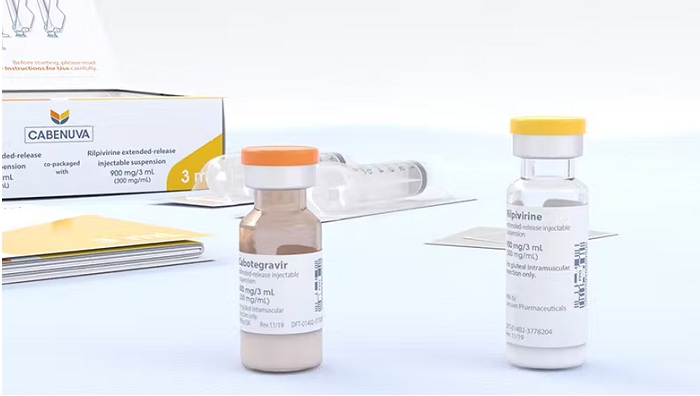The world of HIV treatment has seen incredible advancements over the years. One of the latest breakthroughs is injectable HIV medication, a game-changer for many living with the virus. If you or someone you care about is exploring this option, here’s a straightforward guide to help you understand what it’s all about.
What is Injectable HIV Medication?
Injectable HIV medication is a type of antiretroviral therapy (ART) that is administered through injections instead of daily pills.

antiretroviral medication for the treatment of HIV/AIDS.
The most well-known injectable treatment currently available is Cabenuva, which combines two drugs, cabotegravir and rilpivirine. This medication can be given once a month or every two months, offering a new way to manage HIV.
Why Consider Injectable HIV Medication?
Convenience: One of the biggest perks is not having to remember to take a pill every day. With injectable medication, you only need an injection once a month or every two months, which simplifies the treatment routine.
Better Adherence: Keeping up with daily pills can be tough and missing doses can lead to drug resistance. Injectable treatments reduce this risk by minimizing the chances of missing doses, which can lead to better overall health outcomes.
Reduced Stigma: For many, taking a daily pill is a constant reminder of their HIV status, which can be emotionally draining. An injection every few months can lessen this daily reminder and the associated stigma.
Increased Privacy: Since injections are done in a healthcare setting, this can offer more privacy compared to taking pills daily, which some may need to do in more public settings.
Things to Think About
While injectable HIV medication has its advantages, it’s important to consider several factors before deciding if it’s right for you.
Access to Healthcare: Injectable treatments require regular visits to a healthcare provider. If you live far from a clinic or have limited access to healthcare services, this could be a challenge.
Side Effects: Like all medications, injectables can have side effects. Common ones include pain, redness, or swelling at the injection site. You might also experience some systemic side effects similar to those of oral medications.
Cost: Injectable medications can be more expensive than oral pills. Check with your healthcare provider and insurance company to see if the treatment is covered and what your out-of-pocket costs might be.

from infected H9 cells, produced in cell culture.
Eligibility: Not everyone with HIV is a candidate for injectable treatment. Your current health status, treatment history, and other factors will influence whether this option is suitable for you. Your healthcare provider will help determine if you are eligible.
Commitment: Switching to injectable medication means committing to regular injection appointments. Missing an appointment can lead to serious health issues, including the risk of the virus rebounding. It’s crucial to stick to your injection schedule.
The Future of HIV Treatment
Injectable HIV medications are part of a broader push towards long-acting therapies that aim to make managing HIV easier and improve the quality of life for those living with the virus. Researchers are continually working on developing even longer-acting treatments, such as implantable devices, that could further reduce the burden of daily medication.
Injectable HIV medication offers a promising alternative to daily pills, providing convenience, better adherence, and less stigma. However, it’s important to weigh the pros and cons and consult with your healthcare provider to see if it’s the right fit for you.
As research advances, the future looks bright for more innovative HIV treatments, bringing us closer to a world where managing HIV is simpler and more effective. Whether you choose injectables or stick with oral medication, the key is to stay informed, follow your treatment plan, and keep an open line of communication with your healthcare team.













